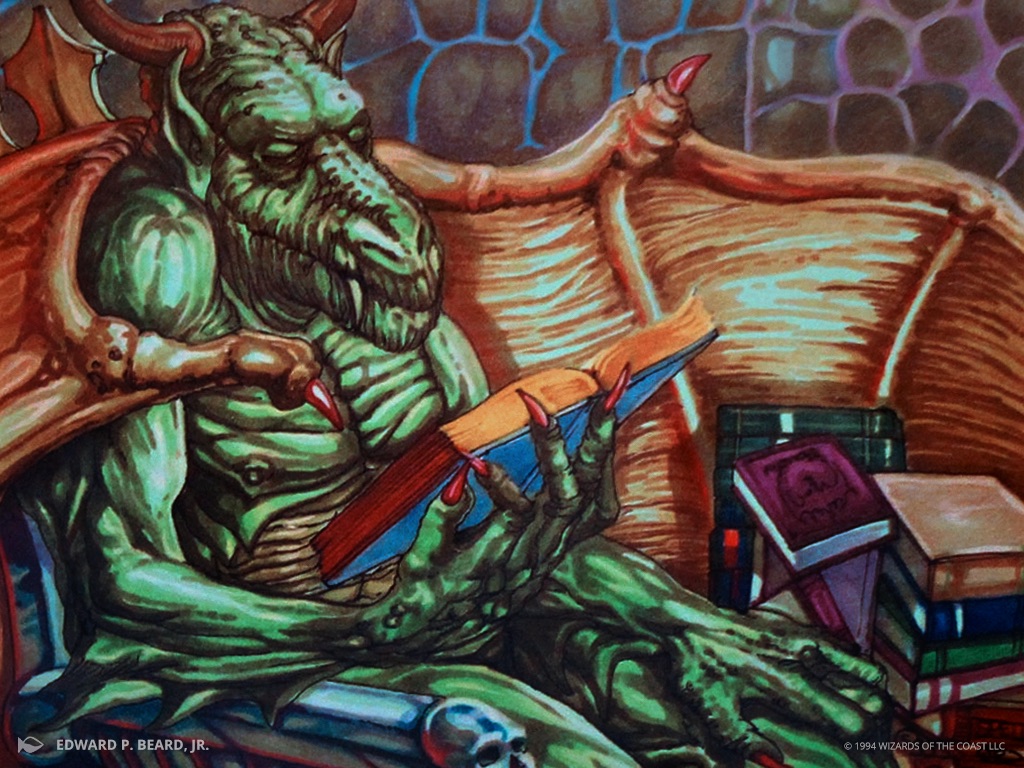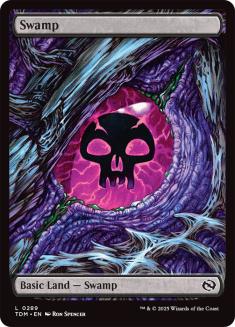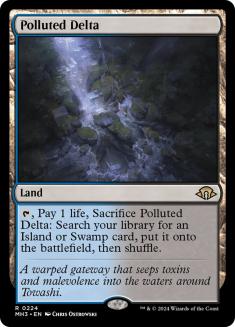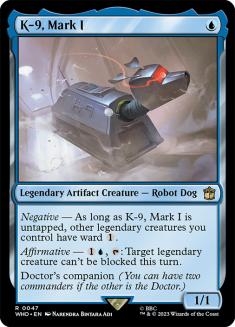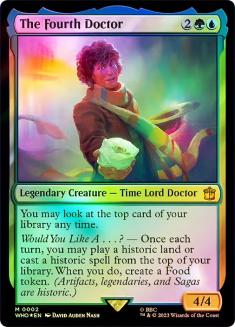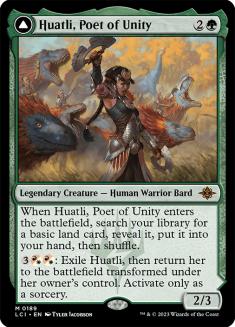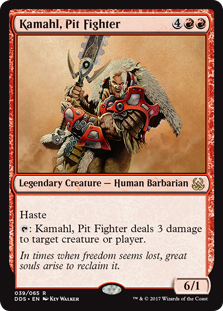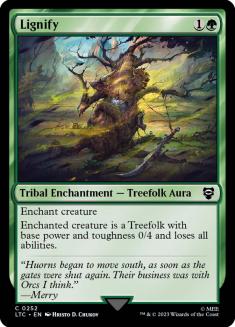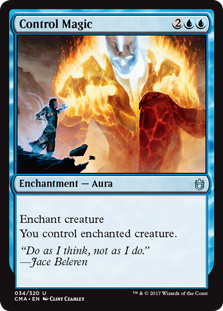One of Magic: The Gathering’s most popular formats, or ways to play the game, is Commander. This article will introduce you to Commander, what makes it unique, and how to get started.
What Is Commander?
Commander is a multiplayer format for Magic: The Gathering (MTG), designed for games with three to five players, though two-player games are also possible.
Unlike competitive formats, such as Standard or Modern, Commander MTG is a more social experience, with player enjoyment a more important “win” than being the last player standing. The official Philosophy of Commander, published by the Commander Rules Committee (RC), starts with the declaration that “Commander is for fun.” It continues:
What Is a Commander Deck?
A Commander deck follows these special rules:
- A Commander deck has exactly 100 cards: no more, no less.
- A Commander deck has no more than one copy of any card, except for basic lands. For example, a deck may have two copies of Island or Swamp, but only one Polluted Delta.
- One card is the deck’s commander, a legendary creature. Certain cards allow you to have two commanders instead. For example, in Doctor Who Commander, the “Doctor’s companion” ability on K-9, Mark I would let you have both K-9 and The Fourth Doctor as commanders of the same deck.
- Each color among the mana symbols in a card’s casting cost and text box make up its color identity. For example, Huatli, Poet of Unity‘s color identity is red, green, and white: green from the casting cost, and red and white from the text box.
- Each card in a Commander deck must fit within the color identity of its commander. For example, a Huatli, Poet of Unity deck cannot have cards with blue or black in their color identity.
- A Commander deck can use cards from throughout Magic’s history; cards do not rotate from Commander as they do in Standard, for instance.
- A Commander deck cannot use cards on the Commander Banned List.
These rules have a few exceptions, listed under the full Commander Rules, but if you follow them, you will always build a legal Commander deck. Alternatively, you can purchase preconstructed (“precon”) Commander decks designed by Wizards of the Coast, the makers of Magic: The Gathering.
What’s Different About Playing Commander?
In addition to the emphasis on good times over winning, Commander has a few special rules.
Multiplayer
At the beginning of the game, randomly choose one player to go first. This is the starting player. Players then take turns after the starting player, going clockwise, and repeat the order after reaching the starting player again.
Players may target and attack any opponent, with no “neighbor” rules. Deal-making and other forms of diplomacy are key to the social side of a Commander game and eventual victory!
The Command Zone
At the start of a Commander game, each player places their commander card(s) in the command zone. As long as the card is in the command zone, its owner may cast it according to the rules (at the right time, paying its costs, and so on).
If a commander goes into a graveyard or exile, or would be put into a player’s hand or library, its owner may move it to the command zone instead. This choice has to happen at the time; you can’t change your mind later.
Each time a player casts a commander from the command zone, the cost increases by two generic mana. For example, the first casting of K-9, Mark I would cost U (a single blue mana); the second casting would cost 2U (one blue mana and two other mana of any type); the third casting would cost 4U (one blue mana and four other mana of any type); and so on.
Life and Commander Damage
All players start a Commander game with 40 life. If a player falls to zero life, they lose the game.
Combat damage dealt by commander creatures reduces a player’s life total but is also tracked separately. If a commander deals 21 combat damage to a player, that player loses the game. This must be combat damage from a single commander (a player dealt fourteen damage by one player’s commander and seven damage by another player’s commander is still alive), and noncombat damage, such as Kamahl, Pit Fighter’s damage ability, does not count.
Other Rules
Cards that go outside the game to bring in other cards you own, such as Wish, don’t work in Commander.
A commander’s status as a commander (“commander-ness”) is an inherent quality of the card itself. Cards such as Clone can’t copy commander status. Changing a commander card’s qualities, such as with Lignify, does not change a card’s commander-ness. Neither does changing control of a commander, such as with Control Magic.
Where Can I Play Commander?
At Home and With Friends
Commander is a great format to play privately among friends. In fact, the Commander format itself started as part of a home game of MTG and later spread worldwide as a high-ranking tournament judge, the late Sheldon Menery, introduced it to fellow judges, who in turn shared it with their communities.
At Stores and Events
Many game stores which run MTG events will have Commander nights or ongoing leagues where players can enjoy Commander games with strangers. Contact your local game store (LGS) to learn more.
Large events, such as SCG CON, will often have “Command Zones” or similar areas set aside for finding and playing in Commander games. There are even dedicated events called CommandFests where playing Commander is the main attraction!
Online
During the COVID-19 pandemic, many Commander games moved online. SpellTable is an official Magic app designed to support online Commander play, allowing players to compete from home with their favorite decks by using webcams and audio links. While a few MTG cards are difficult to play with when not everyone is around the same physical table, such as Aminatou, the Fateshifter, SpellTable is the single best alternative to in-person play.
Can I Play Commander More Competitively?
Yes! While most players prefer a social, relaxed game of Commander, others prefer a competitive approach to deckbuilding and gameplay, called cEDH (short for “competitive Elder Dragon Highlander”, after an old name for Commander). Those who opt into cEDH can compete with like-minded players and even participate in tournaments, such as those held at SCG CON.

